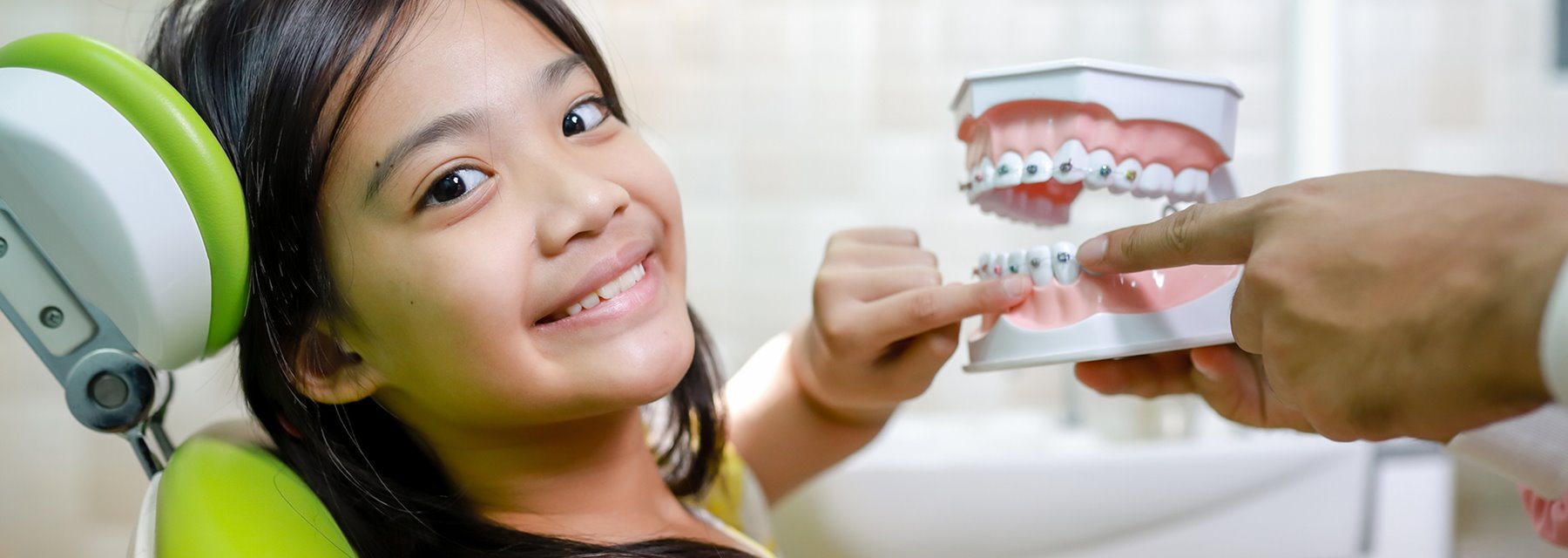
Palatal Expanders
A major benefit of receiving orthodontic treatment in childhood is that it's possible to take full advantage of a youngster's own natural growth process to treat or even prevent malocclusions ("bad bites"). A palatal expander is a device designed to help us do that.
Narrow Palate
Crowding — Even before all of a child's permanent (adult) teeth come in, we can tell when there will not be enough room to accommodate them. Widening the upper jaw can create the necessary space without the need for tooth extractions.
Impacted Teeth — When a tooth that hasn't come in (erupted) yet because it is blocked by other teeth, widening the upper jaw can allow it to erupt into proper position on its own. This most often happens with canine or eye teeth — the pointier ones located directly under the eyes.
Expanding the upper jaw has other benefits: It can broaden the smile in an aesthetically pleasing way, it can limit the number of teeth that need to be removed to create space and can also improve breathing. And it can shorten overall orthodontic treatment time (the amount of time your child will need to wear braces).
What to Expect
There can be some soreness or a feeling of pressure for a few minutes after the key is turned, but activating an expander actually causes less discomfort than having braces tightened. Your child may find that speaking and eating feels different at first as the tongue adjusts to the presence of the appliance. It is also completely normal to see a gap develop between the front teeth. This shows that the expander is having the desired effect. When all is said and done, your child's permanent teeth will be beautifully aligned with neither too much nor too little space between them.
